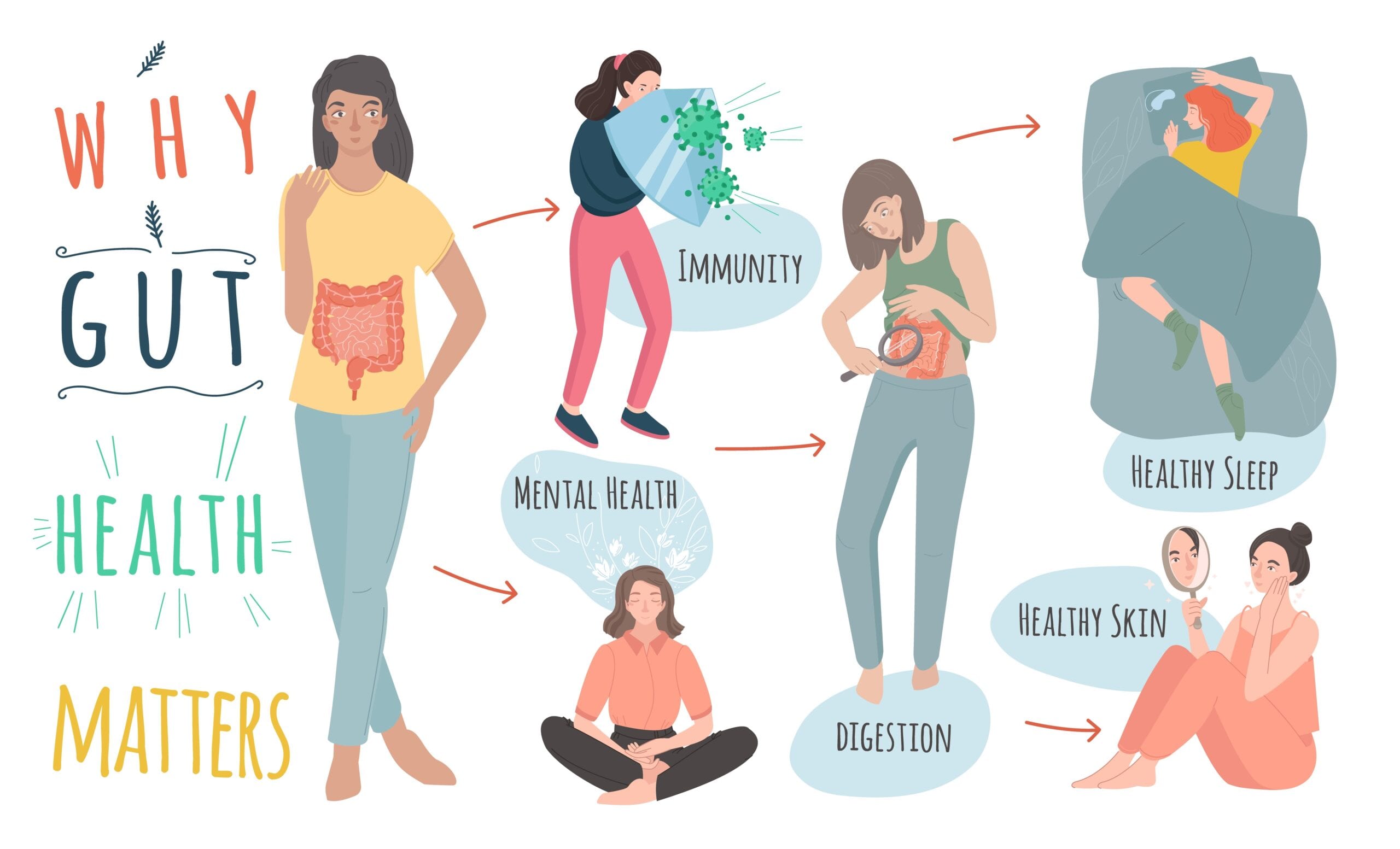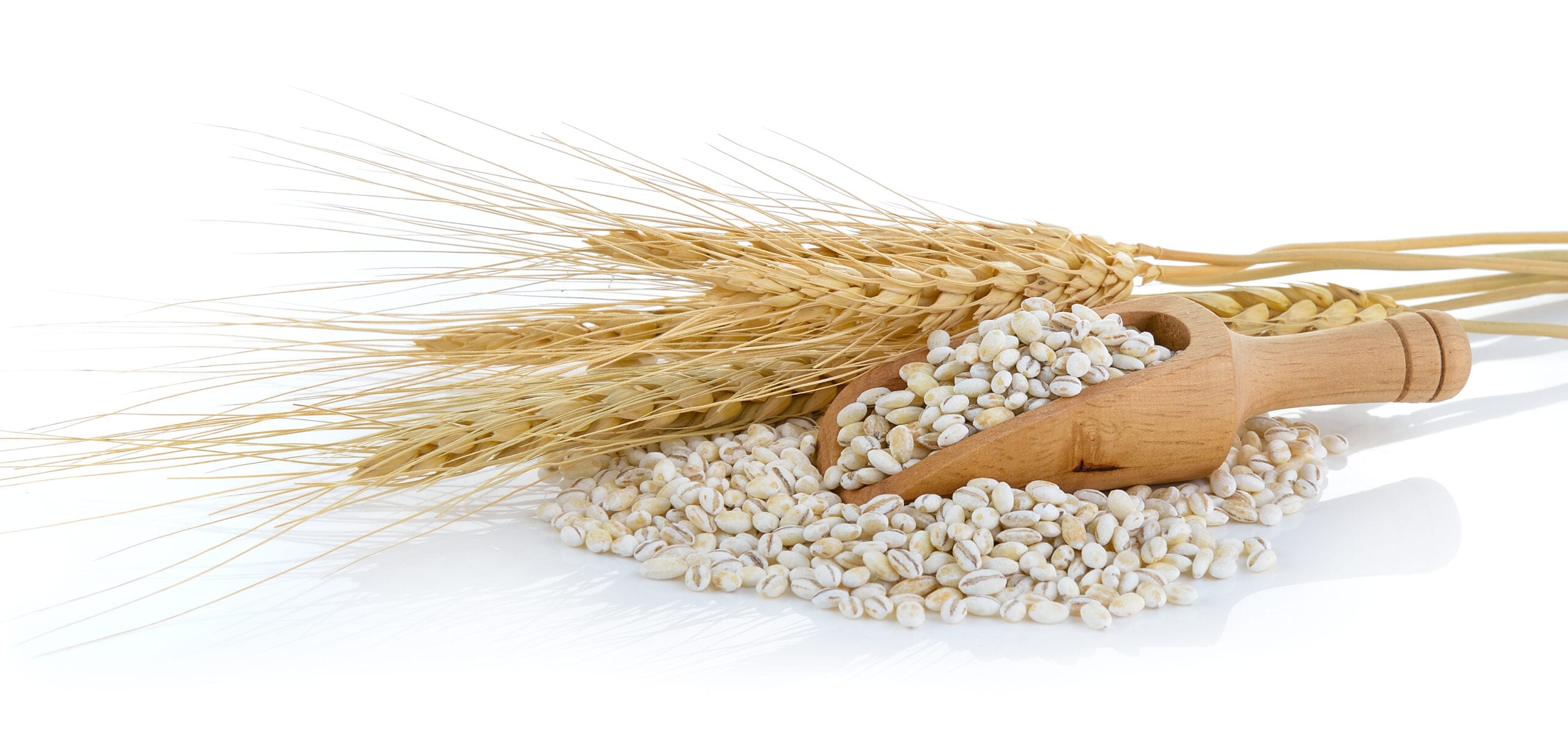
Changes in the way our food is grown and animals farmed can harm food quality. Your body’s ability to absorb nutrients can be impacted by age, genetics, and health conditions. Combining these two issues can often lead to vitamin and mineral deficiencies that you don’t even realize until it takes a toll on your health.
No. 1: Vitamin D
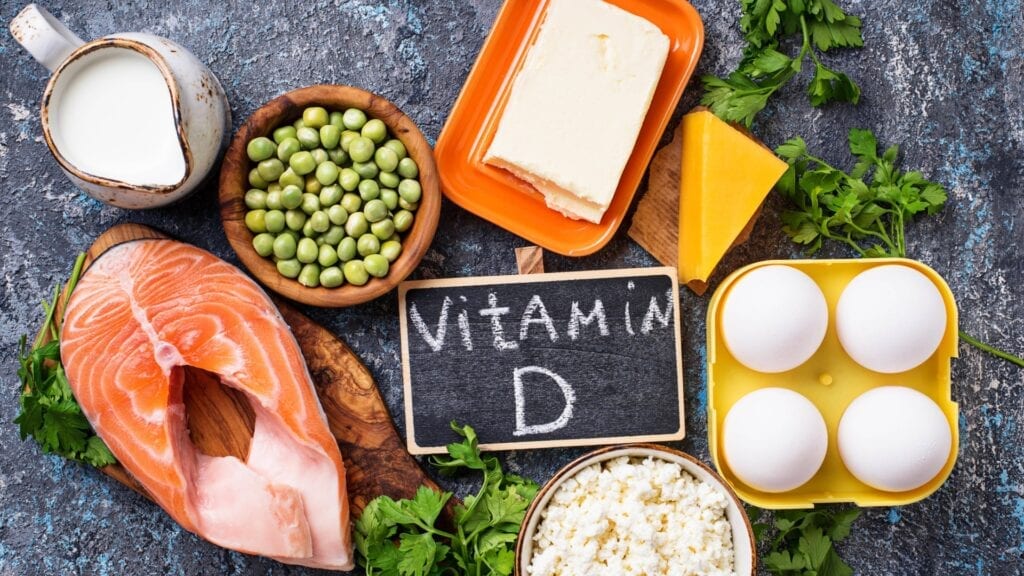
The Harvard School of Public Health suggests an estimated 1 billion people worldwide have low vitamin D levels, with deficiencies noted across all age and ethnic groups. You are at risk of missing out on vitamin D from natural sun exposure if you spend most of your time indoors, use topical sunscreens, or wear long clothing for religious reasons.
If, for whatever reason, you cannot get outdoors or not frequently enough to receive sufficient UV exposure, consider taking an oral vitamin D3 supplement along with vitamin K2 and magnesium. The only way to determine your ideal maintenance dose of vitamin D is by measuring your blood level. As a general guideline, vitamin D experts recommend 4,000 IUs per day for adults, but that level only applies if you are already in the therapeutic range. If your levels are low, you may need to start with 8,000 IUs or more per day.
No. 2: Omega-3s
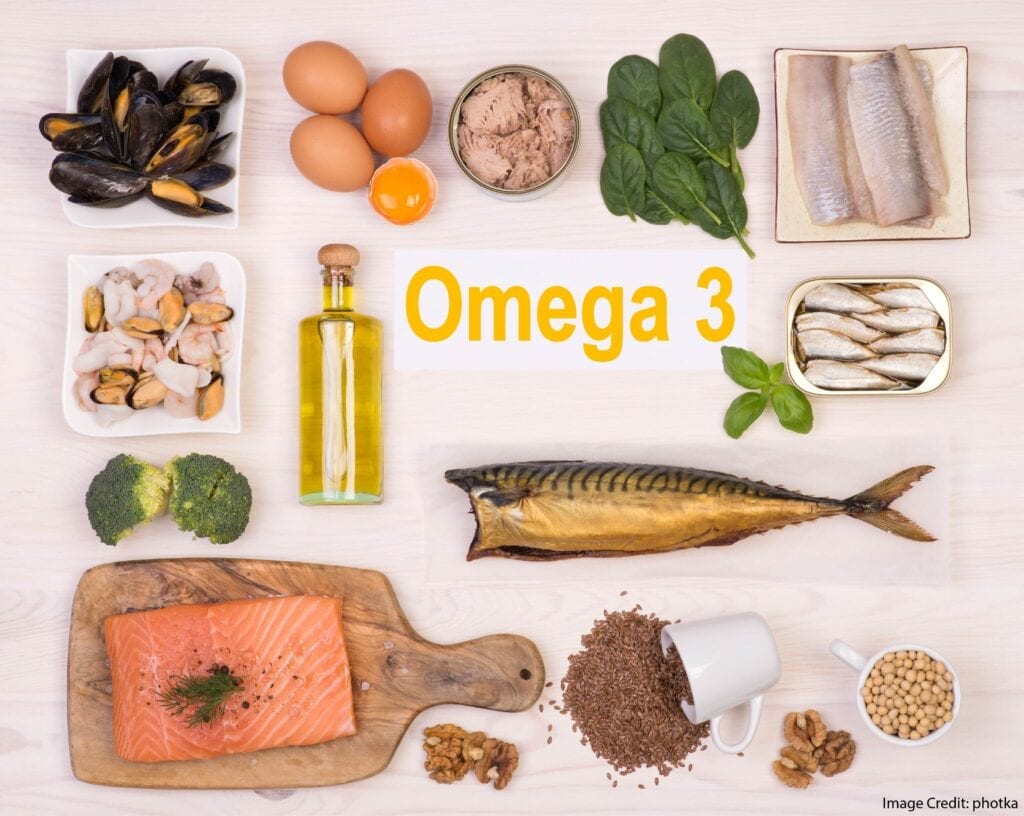
If you regularly consume fast food and other highly processed foods, you probably over-consume inflammatory omega-6 fats. Such high consumption of omega-6s very likely means you may not be consuming enough of the healthier omega-3 fats. Processed foods — everything from frozen meals to salad dressings — are generally loaded with omega-6s due to the vegetable oils used to make them. These foods contribute to vitamin and mineral deficiencies.
Check labels carefully and do your best to avoid products containing corn, cottonseed, soybean, safflower, and sunflower oils. If you are a regular consumer of fast food, be advised, most of it is prepared with these same oils. Your recommended omega-6 to omega-3 balance should be close to a 1-to-1 ratio. However, because omega-6s are overabundant in the typical American diet, your ratio may be around 20-to-1 or as high as 50-to-1! It all depends on your eating habits.
Very often, when omega-6s predominate your diet, you will almost always suffer from inflammation and higher production of body fat. Cancer, diabetes, heart disease, hypertension, obesity, and premature diseases stem from an overabundance of inflammation in the body.
Omega-3s are anti-inflammatory and vital for supporting your brain function, joints, skin, and vision, as well as your heart. They are derived from both plant and animal sources:
- Alpha-linolenic acid (ALA): found in plant sources such as chia, flaxseeds, hemp, and walnuts
- Docosahexaenoic acid (DHA): found in animal sources such as anchovies, salmon, and sardines, as well as fish oil supplements; alternatives to fish oil include algae and my personal favorite, krill oil
- Eicosapentaenoic acid (EPA): also found in animal sources such as fish and fish oil, because wherever you find DHA, EPA is also there
No. 3: Magnesium
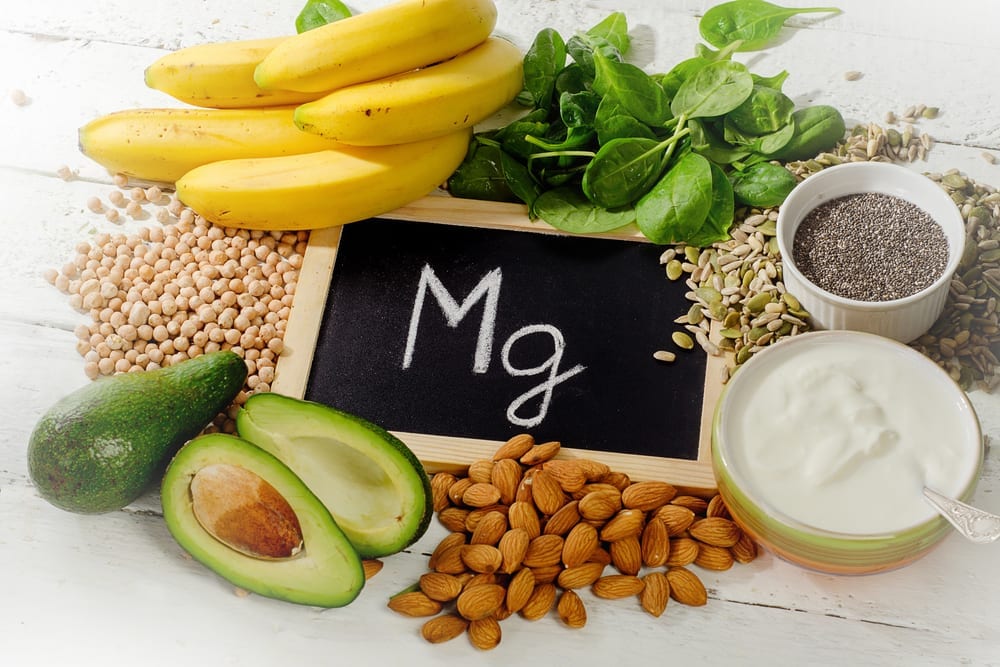
Because magnesium is the fourth most abundant mineral in your body, a deficiency can wreak havoc on your health. The fact researchers have detected more than 3,750 magnesium-binding sites on human proteins should give you a sense of how essential this mineral is for your body’s optimal functioning. Your body needs magnesium for:
- Activating muscles and nerves
- Creating energy in your body by activating adenosine triphosphate (ATP)
- Helping digest proteins, carbohydrates, and fats
- Serving as a building block for RNA and DNA synthesis
- Acting as a precursor for neurotransmitters like serotonin
Dietary magnesium sources include avocados, Brazil nuts, brown rice, cashews, dark leafy greens like spinach and Swiss chard, oily fish, raw cacao, seaweed, and seeds. Since there is no simple routine blood test to determine your magnesium level, getting a magnesium RBC test is best while carefully evaluating and tracking your symptoms.
No. 4: Iodine
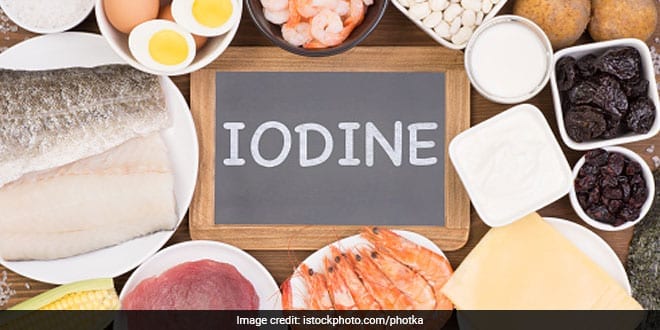
Iodine is an essential mineral found in every one of your organs and tissues. Your body needs iodine for normal thyroid function, including the production of thyroid hormones, which support brain development, bone maintenance, growth, and metabolism. Nearly one-third of the world’s population is iodine deficient. Severe iodine deficiency can affect brain function. The most common symptoms you are not getting enough iodine include:
- Dry mouth, dry skin, and lack of sweating
- The enlarged thyroid gland, also known as goiter, contributes to various cancers, including esophageal, breast, ovarian, and thyroid.
- Increased heart rate
- Shortness of breath
- Weight gain
Dietary sources of iodine include eggs, fish, raw milk, spirulina, and sea vegetables such as kelp, kombu, nori, and wakame, which will help prevent vitamin and mineral deficiency. If you take an iodine supplement, be aware of the potentially serious risks of taking too much iodine.
No. 5: Zinc

While you may think about it mainly during cold and flu season, zinc is an essential mineral found throughout your organs, tissues, and bodily fluids. Moreover, after iron, zinc is the second most abundant trace mineral in your body. Because zinc is vital to many biological processes, you may not realize your body does not store zinc. Instead, you must intake it daily through the foods you eat or a high-quality supplement. Zinc supports your body’s critical processes, such as:
- Blood clotting
- Immune function
- Smell, taste, and vision
- Cell division
- Thyroid health
- Wound healing
At least 2 billion people worldwide are thought to be zinc deficient, including about 12 percent of the U.S. population and as much as 40 percent of the elderly. Part of the likely deficit results from soil depletion due to conventional farming methods and toxic pesticides such as Roundup. Beyond the soil concerns, many do not eat enough zinc-rich foods, the mineral is often poorly absorbed, mineral levels are infrequently checked, and often inaccurate testing methods.
Dietary sources of zinc include dairy products, nuts, red meat, and seafood.
Plant sources such as asparagus, beans, green peas, and spinach also contain zinc, can be easily absorbed from meat and animal proteins.
Even if you consider yourself a healthy person, you may not be eating enough zinc-rich foods daily to achieve optimal levels of this essential nutrient. If you choose to use a supplement, ensure it’s from a reputable company using best-practice, quality assurance methods. Independent verification of the raw materials is vital to confirm quality and assure it is free of lead and other heavy metals. The supplement should contain several different types of zinc, such as gluconate, citrate, and chelate. Unless your clinician recommends otherwise, don’t go above 40 mg per day.
No. 6: Vitamin B12
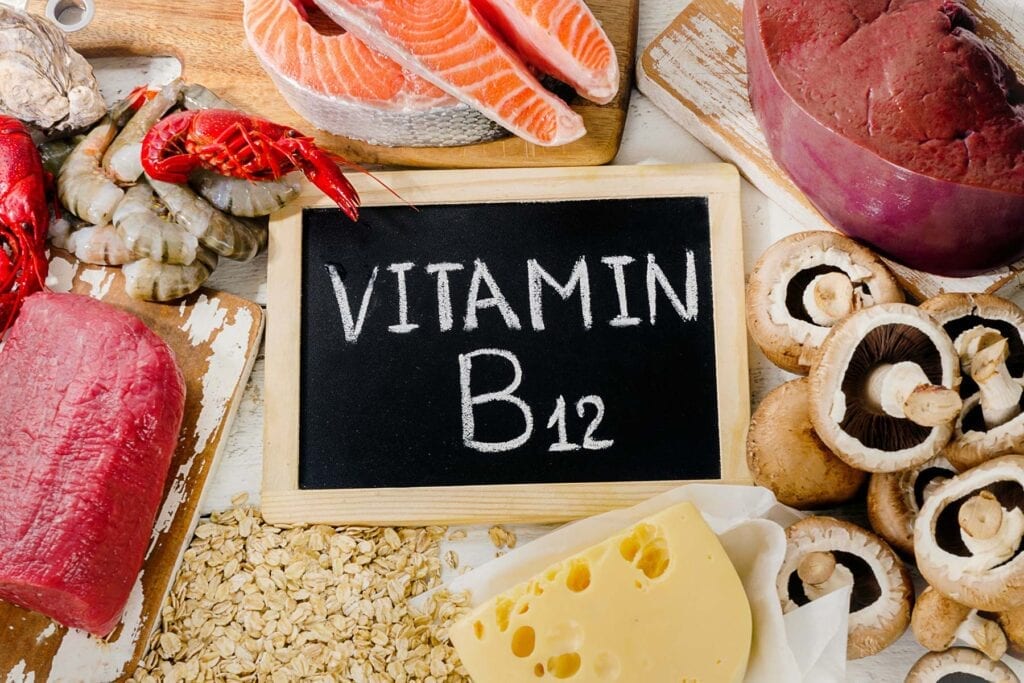
Vitamin B12 (cobalamin) is known as the energy vitamin, and you need it for blood formation, DNA synthesis, energy production, and myelin formation. You may be deficient in vitamin B12 if you are not eating enough of the foods containing it or your body cannot absorb it properly.
According to the U.S. Department of Agriculture, nearly 40 percent of the American population may have marginal vitamin B12 status that is not low enough to qualify as a deficiency but low enough to where specific neurological symptoms may appear. Warning signs of a B12 deficiency are slow to appear, so you may be quite deficient by the time you recognize the symptoms, which include:
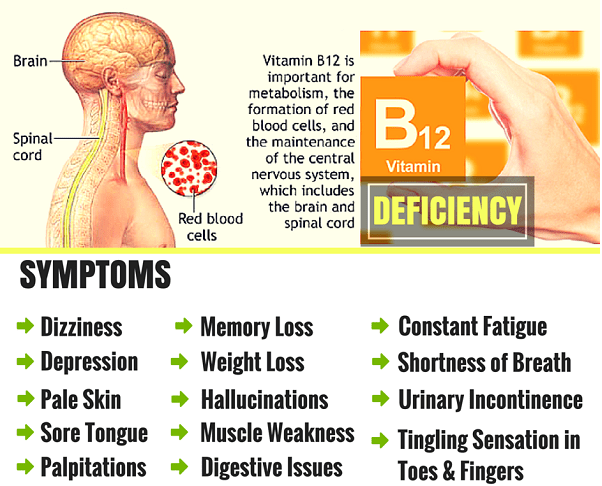
- Apathy
- Memory problems or “mental fog.”
- Muscle weakness
- Fatigue
- Mood swings
- Tingling in the extremities
Vitamin B12 is present in its natural form only in animal sources of food, such as:
- Grass-fed beef and beef liver
- Lamb
- Venison
- Organic pastured eggs and poultry
- Seafood such as salmon, scallops, shrimp, and snapper
If you are a strict vegetarian or vegan, you are at an increased risk of B12 deficiency. While you can get some B12 from coconut oil, fortified coconut milk, and nutritional yeast, you may need to take a daily supplement. Chronic long-term B12 deficiency can lead to severe conditions such as dementia, depression, and fertility problems.
No. 7: Vitamin E
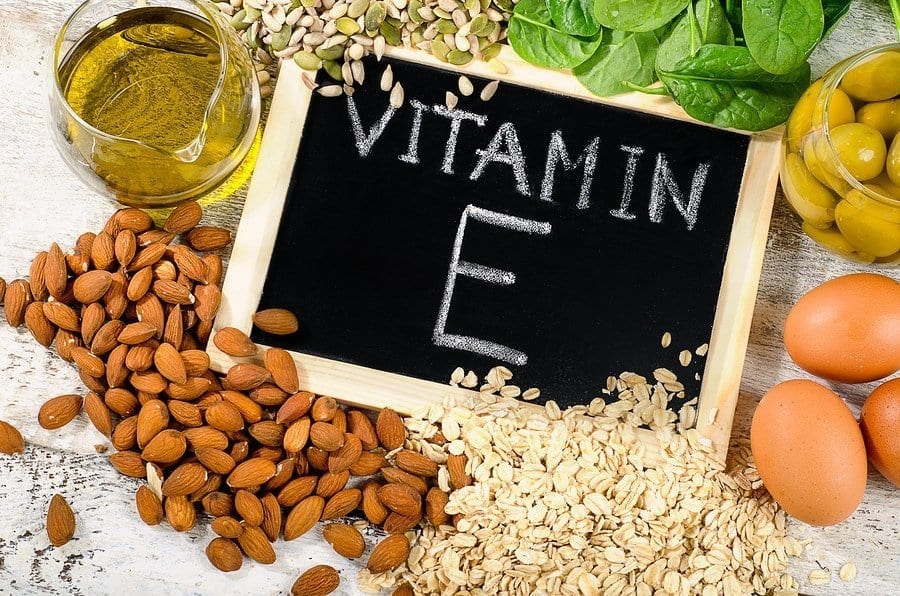
Vitamin E is an essential fat-soluble vitamin and antioxidant designed to combat inflammation and make red blood cells. It also helps your body use vitamin K, which is vital for heart health. Six billion people worldwide, and 75 to 90 percent of Americans are deficient in vitamin E. If you are among them, you are at increased risk for cardiovascular disease, cognitive deterioration, and immune dysfunction.
To achieve an optimal level, you need at least 50 IUs of vitamin E daily. The recommended dietary allowance for anyone 14 years or older is 15 milligrams (mg) per day. Vitamin E is well-known for protecting against free radical damage and the effects of aging. It is a family of at least eight fat-soluble antioxidant compounds, divided into two main categories:
- Tocopherols, which are considered the “true” vitamin E
- Tocotrienols, each of which has subfamilies of four different forms:
- Vitamin E can easily be obtained from a healthy diet.
High amounts of Vitamin E can be found in these three general categories of foods:
- Leafy greens like spinach
- High-fat foods such as nuts, seeds, fatty fish, and seafood, including sardines and shrimp
- Oil-rich, high-fat plants such as avocados and olives

Most of these foods eaten raw are more beneficial because cooking will destroy some of the nutrients. Apparent exceptions exist, of course — do not eat raw shrimp, for example.
If you must use a supplement, choose a full-spectrum vitamin E containing mixed natural tocopherols and tocotrienols.
No. 8: Vitamin K2
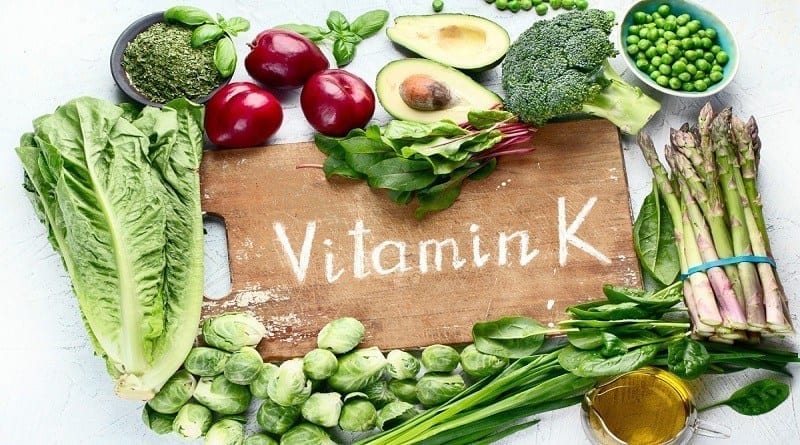
Vitamin K is a fat-soluble vitamin that is well-known for its role in blood clotting. However, there are two different kinds of vitamin K. Vitamin K1 is primarily responsible for blood clotting, whereas Vitamin K2 works synergistically to impart many essential health benefits.
If you do not have sufficient amounts of vitamin K2, you run the risk of both brittle bones and calcification in your soft tissues. In other words, vitamin K2 is necessary to keep your bones strong and your soft tissues pliable. Several Japanese trials have shown that vitamin K2 completely reverses bone loss and, in some cases, even increases bone mass in people with osteoporosis.
No. 9: Selenium

Selenium serves two significant and interrelated roles:
- At the cellular level, selenium is an active component of glutathione peroxidase, an enzyme that converts hydrogen peroxide to water. Glutathione peroxidase has potent antioxidant properties and serves as the first line of defense against the build-up of harmful free radicals in your cells.
- Selenium also plays an essential role in the prevention of cancer. One of the reasons people get cancer is because of excessive free radical production. By reducing free radicals, selenium helps reduce your risk of cancer.
If you like Brazil nuts, eating about two to three of them per day will typically be sufficient. If you opt for a supplement, make sure to get the correct form. Ensure you’re looking for the high-selenium yeast form, the scientifically tested and most recommended version.
No. 10: Vitamin A

Nearly half of American adults and teens are at risk for insufficiency or deficiency of Vitamin A. Your body needs a daily dose of this fat-soluble vitamin to maintain healthy bones, cell membranes, immune function, skin, teeth, and vision. Vitamins A and D work in tandem, and there’s evidence suggesting that vitamin A can be ineffective or even toxic without vitamin D.
On the other hand, if you’re deficient in vitamin A, vitamin D cannot function properly, so balancing these two vitamins is essential to good health. Because we do not yet know the optimal ratios between these two vitamins, balancing them well through supplementation can be challenging. For that reason, if you can, it’s best to intake vitamins A and D from food and sun exposure rather than supplements.
The best source of vitamin A your body can use is animal products such as fish, grass-fed meat, liver, and pastured poultry, as well as raw, organic dairy products like butter. These foods contain retinol, preformed vitamin A that your body can easily use.
BOOMER BOOST HELPS REPLENISH ALL OF YOUR ESSENTIAL NUTRIENTS
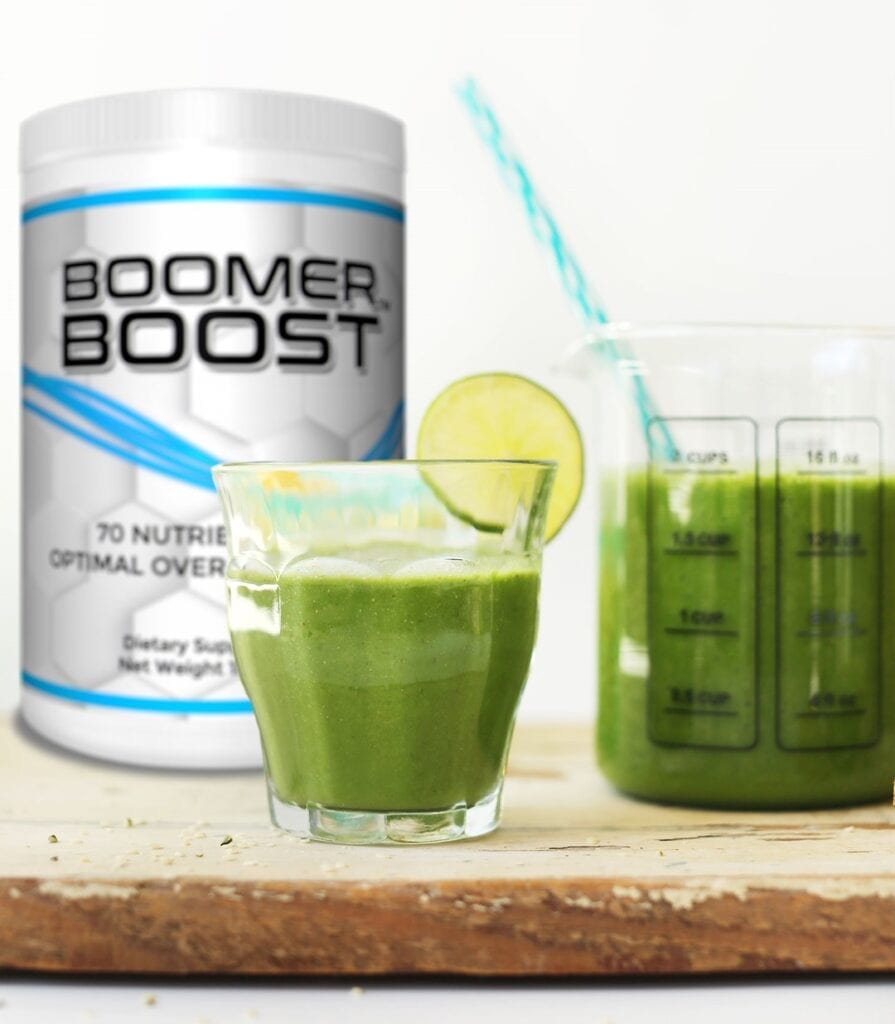
Boomer Boost contains complete comprehensive nutrition that can help prevent vitamin and mineral deficiency:
- Changes in the way food is grown, and animals are raised and fed.
- Your body’s ability to Absorb Nutrients
- Age
- Genetics
- Health conditions
- They allow you to avoid the potential adverse effects that vitamin and mineral deficiency can have on your health.




